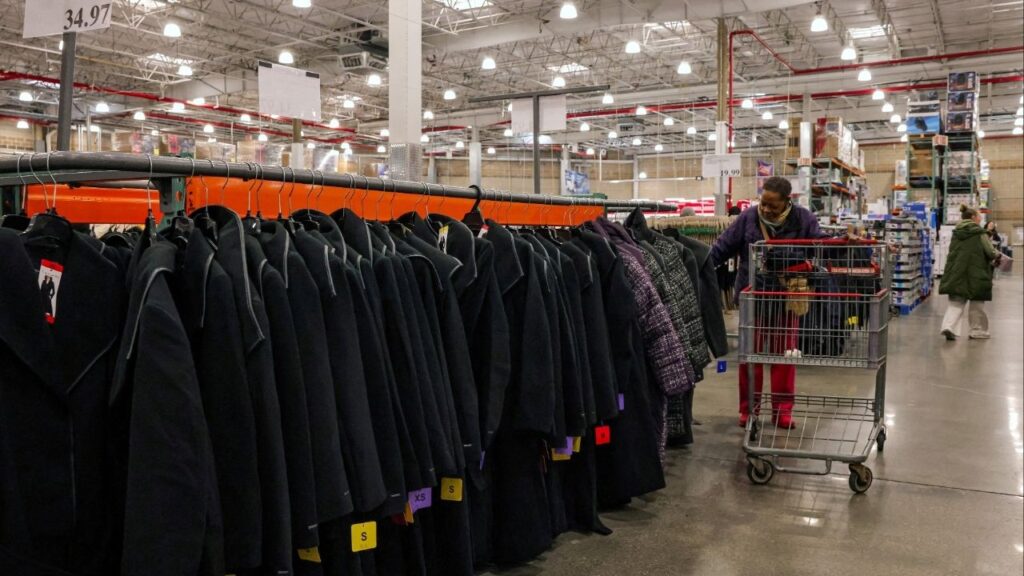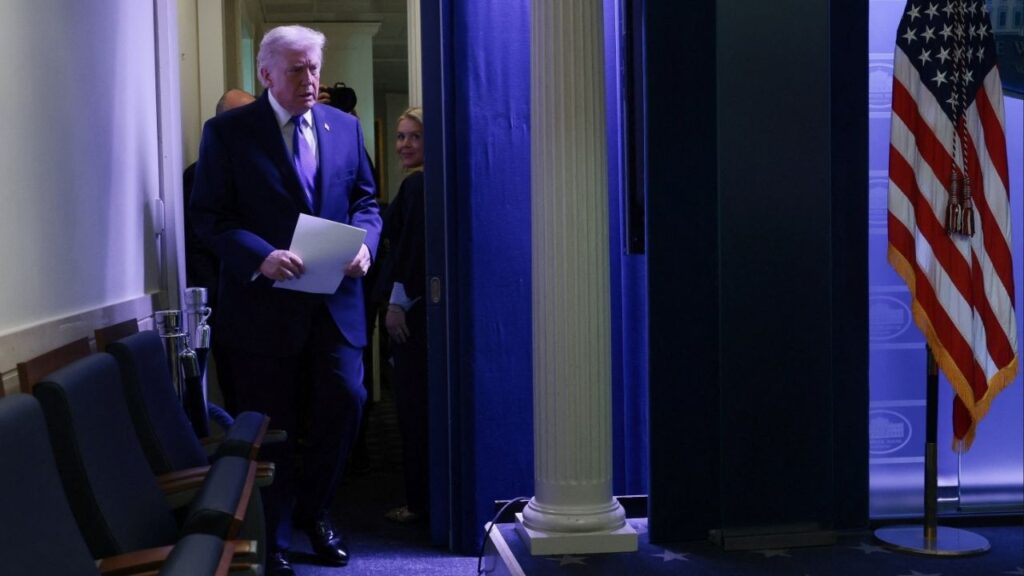Share
![]()
■“Macho Man” Randy Savage was a wrestling legend and pop culture icon.
■Sports author Jon Finkel writes a new book about the “Macho Man.”
■Exploring the myths and reality of Randy Poffo/Savage.
What made Randy Savage the iconic pro wrestling star the “Macho Man”?
Was it his innovative athletic and high-flying style?
His gravelly voice and trademark “Oh Yeah!” catchphrase?
Was his character-oriented paranoia and jealousy a show? Or was that real life?
Author Jon Finkel explores Randy Poffo and his alter ego in a new biography “Macho Man: The Untamed, Unbelievable Life of Randy Savage.” The book is available next month.
“He touches upon a variety of different things that we kind of value in sports entertainment — charisma, talent, uniqueness of personality,” Finkel said in an interview with Off the Bottom Rope.
Savage remains relevant in pop culture today, thanks to his Slim Jim commercials, and his role in the Spider Man movie (as Bonesaw McGraw). He died in a car accident caused by a heart attack in 2011 at the age of 58.
“You’ve got the millions and millions and millions of us who grew up in his actual prime wrestling heyday in the ’80s and early ’90s, who followed him. And all of the things that have kept him commercially viable for so long, have allowed him to be visible to this day,” Finkel said.
Finkel has written several sports books: about basketball, the athletic abilities of U.S. presidents, and a “Mean” Joe Greene biography.

From Minor League to Hall of Fame Wrestler
“He touches upon a variety of different things that we kind of value in sports entertainment — charisma, talent, uniqueness of personality.” — Author Jon Finkel
Poffo’s father Angelo was a wrestling star in the 1950s. But, he didn’t immediately follow in his dad’s footsteps.
A talented athlete, Poffo signed to play professional baseball. Although undrafted, he wowed the St. Louis Cardinals in an open tryout. He played four seasons, 1971 to 1974, in the minors, never making it above Single-A.
A catcher, Poffo severely injured his right throwing arm in a collision at the plate, knocking him out for the rest of the season. When he returned, Poffo came back as a lefty. Finkel popped one of many myths about Poffo/Savage — he never was a left-handed catcher (a rarity), although he tried. He instead played outfield and first base.
“He was not going to wash out of baseball because of his arm. In his mind, which is a total macho thing, he had two arms, so why not learn to throw at the other one?” Finkel said.
With his baseball dreams dashed, Poffo joined his father and brother, “Leaping” Lanny Poffo, into the ring. He toiled in the territory system, wrestling in several areas in the Midwest and South.
Poffo soon became “Randy Savage,” because of his aggressive style. He also adopted moves rarely used, such as coming off the top rope onto the floor to nail an opponent.
Finkel detailed the Poffos breaking away and forming their own promotion, ICW, based in Lexington, Kentucky.
“Angelo at one point was sitting there realizing he had all he needed to start his own promotion. He had two thoroughbreds (his sons),” Finkel said.
The promotion eventually folded, but it led to a rivalry with Memphis wrestling king Jerry Lawler.
By 1985, the WWF came calling. Savage quickly excelled in the national spotlight, adding the lovely Elizabeth to his act. His wife by the time, she portrayed a damsel in distress — no one could understand why she stuck around such a brutish man.
Savage became Intercontinental champion, WWF Heavyweight champion, a main eventer, and Hall of Famer.
Separating Fact from Myth

Any story about a pro wrestling figure is full of hyperbole and exaggeration. Finkel tries to distinguish between the myth of Randy Savage and life as it really unfolded.
“Some of the stories he told … made no sense,” Finkel said.
The author approached writing the book like a “movie director” he said, especially when there are multiple stories about the Macho Man evolution.
How did Randy Savage get his “Macho Man” nickname? Was it given to him in his baseball days, or did his mom read it in “Reader’s Digest” about the “Village People” song?
When in doubt, Finkel presented multiple sides, using hard evidence to back up accounts if available.
“(A wrestler’s) day job is storytelling, entertainment. So over time, one version of the story gets a better reaction and that becomes the version. And then you add a little twist to it to make it even better. And before you know it, 20 years passed and the truth is gone. And this is now the myth. And so my job was to kind of sift through all that and find the truth, but also tell the versions that have survived over the years,” Finkel said.
Did Savage really lock up Elizabeth in the arena when he was taking care of business?
Finkel said probably not, although that was the prevailing wisdom. More likely, Elizabeth was the only woman on the show and needed her own dressing room.
Was Savage’s trademark voice for real?
Not originally, Finkel said.
“He invented the voice, but eventually he stretched out his vocal cords enough that there was no other voice,” Finkel said.
Was Randy Poffo really paranoid, or was that just a “Macho Man” thing?
“He was obsessive-compulsive. And I think that informed his paranoia. He wasn’t paranoid about everything. He was a perfectionist. And, I think, he at certain points in his career, thought everything was at stake, so he blew things way out of proportion all the time,” Finkel said.
RELATED TOPICS:
Categories

Fresno Judge Changing Robes with Appellate Court Nomination
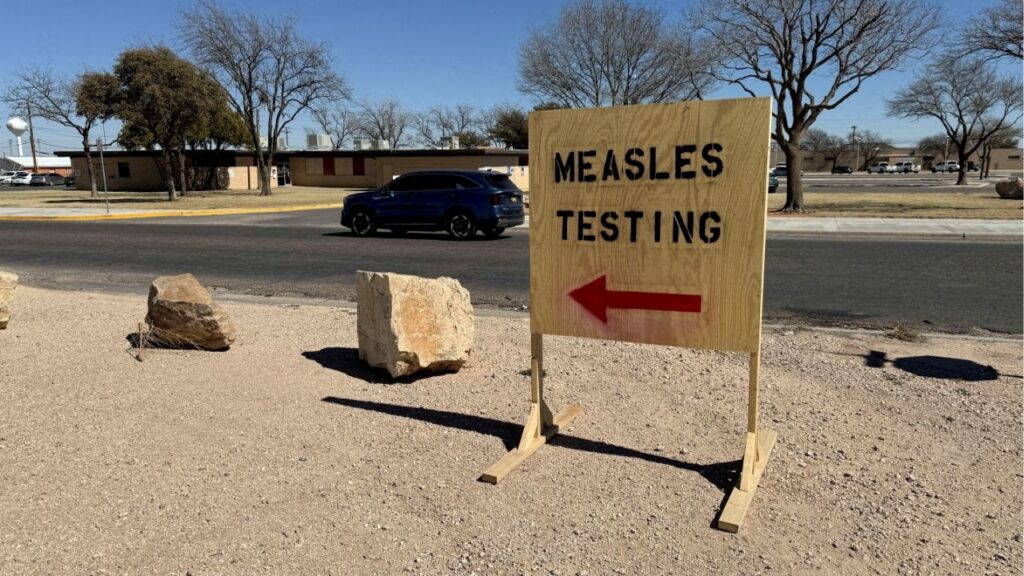
Measles Cases in South Carolina Rise by 11 to 973

US Lawmakers Plan Iran War Powers Vote as Trump Weighs Strikes
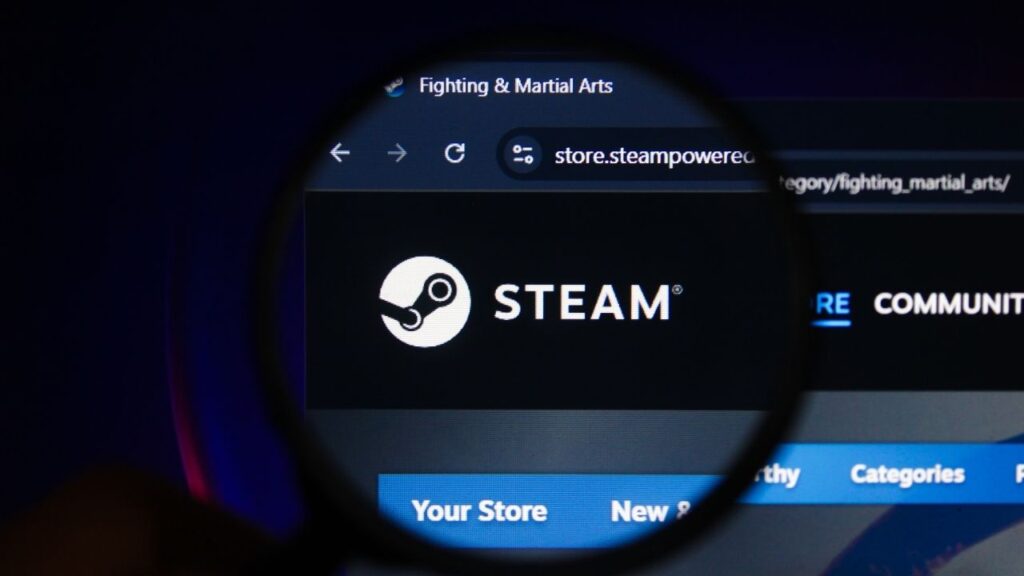
Steam Down for Thousands, According to Downdetector
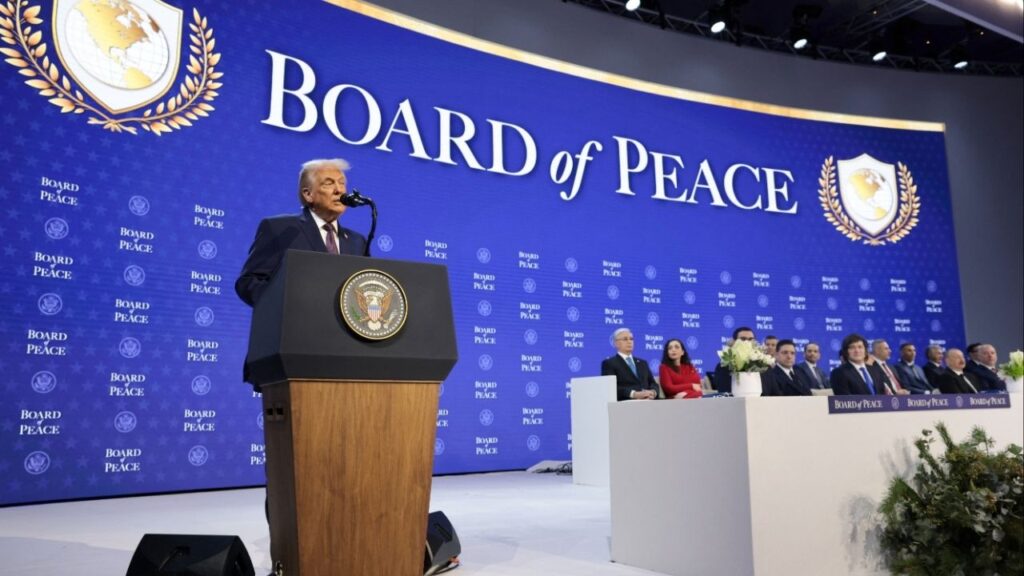
Trump Says He Will Sign Order Imposing a 10% Global Tariff







